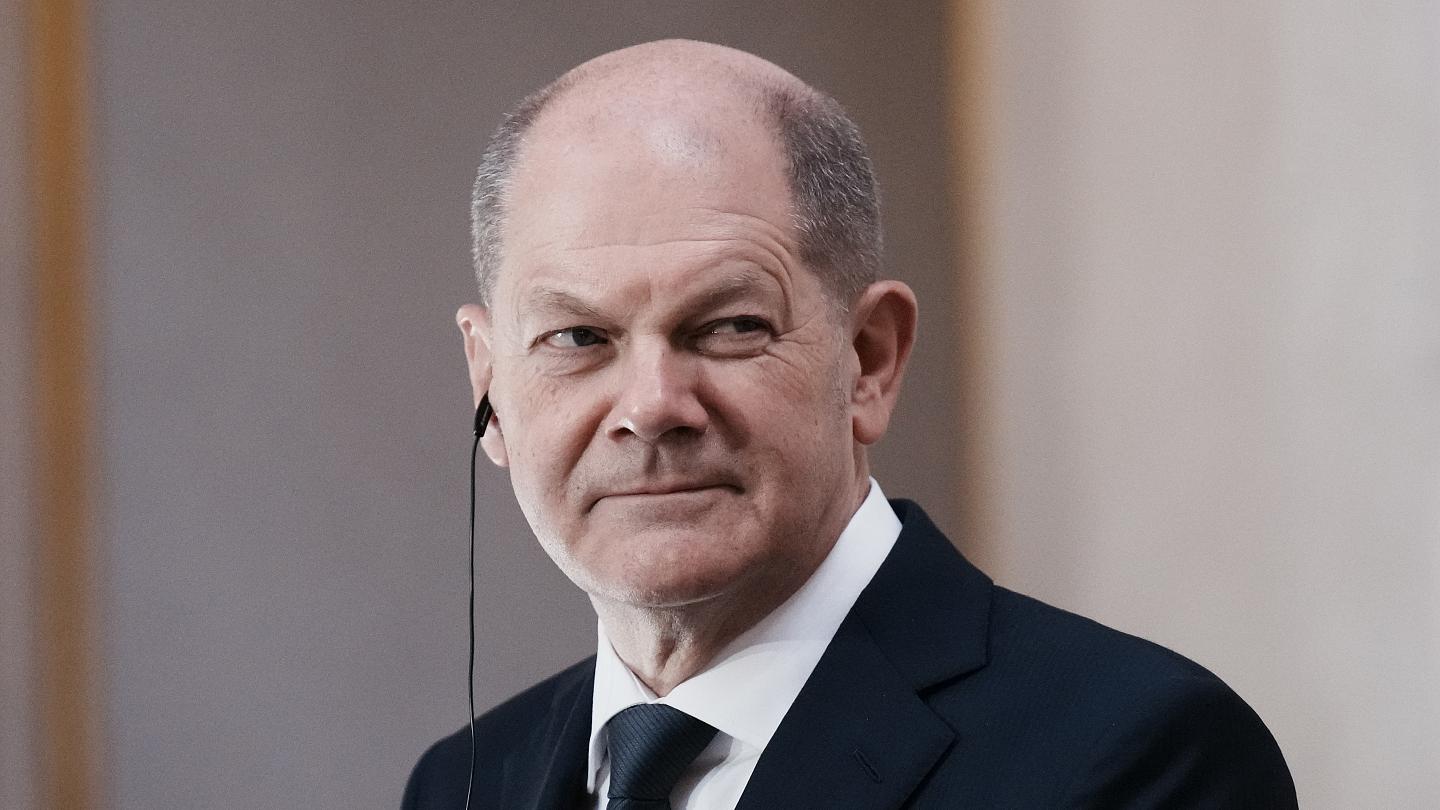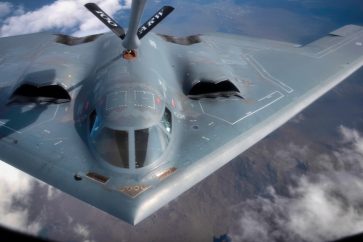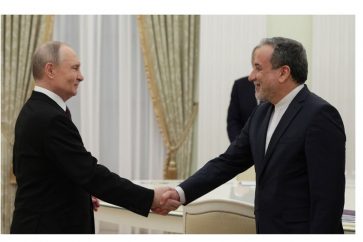German Chancellor Olaf Scholz hailed NATO’s move not to admit Ukraine and Georgia into the alliance last year.
“That was the correct decision, after very long negotiations within NATO about that issue”, Scholz told the German TV channel ZDF, in an apparent nod to the alliance’s summit in June 2021.
At the time, NATO endorsed Ukraine’s and Georgia’s right to join in principle, but refused to give a timeframe for accession, insisting that both former Soviet republics should undergo “reforms” before their membership could happen.
The German chancellor also pointed out that as for Ukraine’s membership in NATO, the issue “was not and is not” on the alliance’s agenda.
The remarks followed Ukrainian President Volodymyr Zelensky saying in an interview with Reuters that NATO should work out common security guarantees for Ukraine if the alliance is not ready to greenlight the country’s membership.
He claimed that Kiev’s partners are unwilling to take his country into NATO because Russia does not want Ukraine to be in the alliance.
In line with the draft agreements on security guarantees released by the Russian Foreign Ministry in December 2021, Moscow says that NATO should stop its eastward expansion and avoid inviting post-Soviet nations into the alliance, or creating military bases on their territory. Both NATO and Washington rejected the proposals.
As for Zelensky’s call for security guarantees from NATO, it comes amid an ongoing Russian special military operation in Ukraine announced by President Vladimir Putin on 24 February to protect the Donetsk and Lugansk People’s Republics (DPR and LPR) from Kiev’s forces following their request for assistance in the midst of growing attacks by the Ukrainian Army on their positions and infrastructure.
Russia’s Defense Ministry, in turn, stressed that the Russian military’s high-precision strikes only target Ukraine’s military infrastructure and do not pose a threat to the civilian population.
The Russian special operation caused backlash from the US and its allies, who have imposed new sanctions against Moscow, specifically targeting the Russian financial sector, as well as the country’s businesses, cultural organizations, and state-run media outlets, including Sputnik and RT.
Source: Agencies




